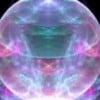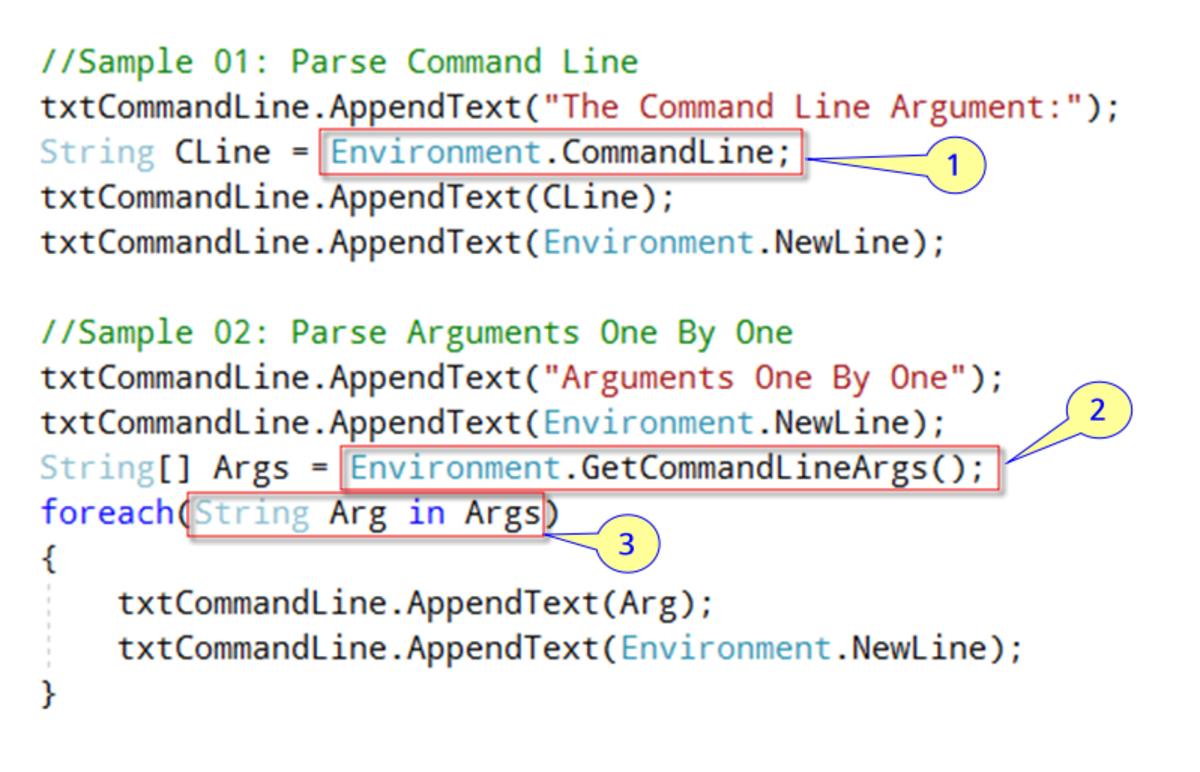- HubPages»
- Technology»
- Computers & Software»
- Computer Science & Programming
Mobile Software Development: How To Not Become An Android Software App Developer

With nearly a million brand new Android devices being activated each and every single day and the thousands of apps that flood Android Market (Google Play) every month there are many people out there now considering becoming an Android software developer. However, even for a seasoned computer programmer in other alternative fields of programming becoming an Android software developer is no easy task and so I will explain here how to not become an Android app developer.
First Things First
In order to begin not being an Android developer you will need to choose your computer and set up your development environment. Seeing as all Android apps are coded in the Java programming language you will first need to download and install the JDK (Java Development Kit) from Oracle. This is simple enough to do. However, the JDK is not enough and the title of being a 'development kit' is misleading because if it literally was a 'development kit' then it would contain everything you need... which it doesn't.
You will also need the JVM (Java Virtual Machine) or JRE (Java Runtime Environment) installed on your system otherwise you will be unable to load Java applets on your machine. The JDK actually searches your computer for the Java Virtual Machine and installs it if it isn't already installed. You can rest assured that the JVM will most likely cause you problems.
Next you need to download and install the Android SDK (Software Development Kit) from Google. Once this has downloaded as slowly as possible to your machine and you have installed it you then need to run the Android SDK Manager which is supposed to give you a list of API's (Application Programming Interface) and versions of Android although 68% of the time the Android SDK Manager fails leaving you stuck at a dead end. If you're unlucky then you might manage to solve this problem by going to the preferences and selecting to retrieve from 'http:' instead of 'https:'. However, this only solves the problem in a few cases.
If you do happen to get the Android SDK Manager working then you need to select the latest version and minimum version of Android that you wish to develop on. It will then take at least an entire day to download and install these packages... if you're unlucky. If you're really unlucky then it might take just a few hours.
Getting Started
Nope, you can't get started yet! There's still more you need. Now that you've installed a series of packages and packed up your hard drive with fragments that have slowed your PC down to a crawl you need to install even more software! Next you need an IDE (Integrated Development Environment). Once again the misleading title of 'integrated development environment' suggests that everything you need has been integrated into the software which is, once again, a lie.
Most developers choose Eclipse as their IDE. This is the biggest bulkiest program available to Java developers and makes things unreliably, ridiculously and overwhelmingly complicated when they really don't need to be. Eclipse takes another entire day to download and install and is guaranteed to have you pulling your hair out just trying to configure it before you've even managed to learn any Java.
Next you will experiences problems getting any of the software you've unnecessarily filled your hard drive up with to work in conjunction with each other. The Android SDK Manager won't be able to retrieve any packages, Eclipse will make your Android apps as difficult as possible to construct and the Java Virtual Machine will fail to be created. If you're one of those few very unlucky people out there then things might actually just work as they should - in which case I feel sorry for you!
Getting Coding In Java
If you spend another six months messing around with the Android SDK, Oracle JDK, Oracle JVM and Eclipse and actually manage to miraculously get it working you will need to spend at least another six months of your life actually learning the Java programming language. If you get this far then you will begin to realize just how much a complete waste of time deciding to become an Android software developer turned out to be. It's taken you at least a year just to fill your hard drive up with seemingly useful junk.
In Android the Java programming language is ridiculous. Every single activity (ie screen) in an Android app must be referenced in the AndroidManifest.xml file which exists in all Android projects. If any activity is not referenced then your app will fail. This is done purely just to be a huge troublesome pain in the backside. You will need to learn XML for the layout of the pages in your app and each and every single button in your app needs to have it's own separate ID, onclick listener and intent filter just to make things complicated.
In addition all intent filters must also be referenced in the AndroidManifest.xml file inside of the declared activity they exist within. Even after thoroughly learning the Java programming language this will drive you crazy! Simply spending God knows how many days installing various useless bulky software applications that did nothing but fail and then going on to learn the Java programming language you will realize after this extremely hard work and mind-boggling information that you still can't go ahead and develop Android apps until you learn all the ridiculous rules and regulations that apply to Android software.
If you are new to computer programming then this is likely to waste at least five years of your life only for you to realize at the end of it all that it just wasn't worth the ridiculous amount of effort and learning that you put into it, just to make your first app. However, if you do manage to successfully learn how to develop Android software then I recommend you become a brain surgeon or a rocket scientist!
Alternative Options
Alternatively, instead of having to go through the sheer hell described above you can simply buy yourself a decent Android device and download and install AIDE from Google Play. You can then learn how to code in Java and AIDE will compile all your apps for you with no problem.
Why do Google always have to make things so complicated?
Also See:






